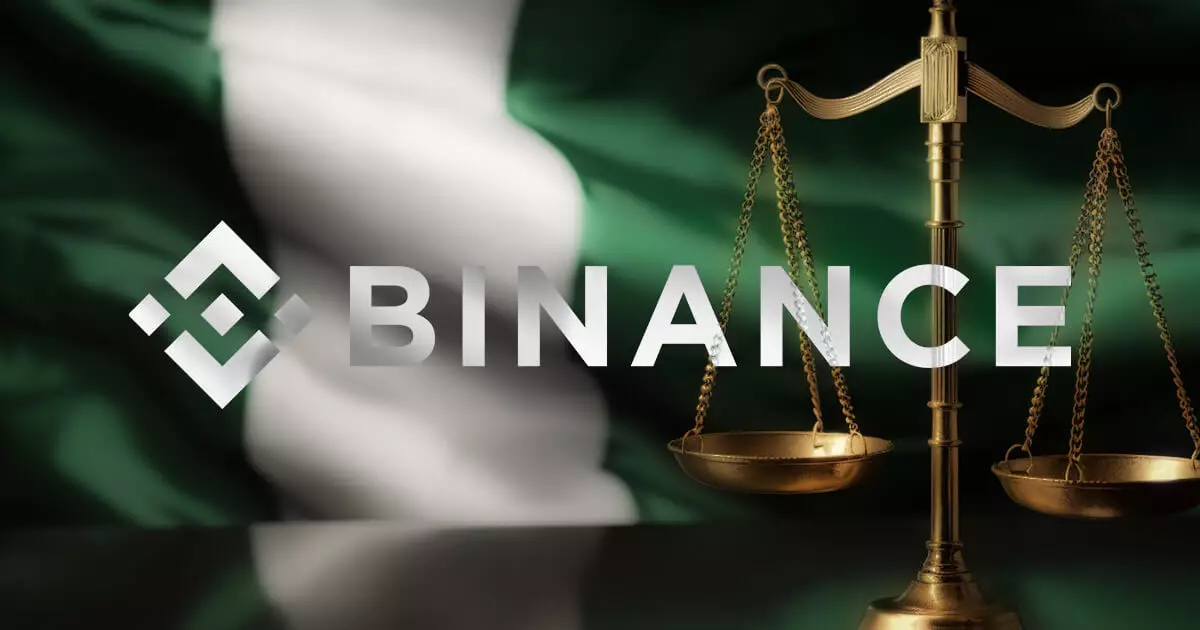In a significant development that has sent shockwaves through the cryptocurrency sector, Nigeria’s Federal Inland Revenue Service (FIRS) has launched a blistering legal assault on Binance Holdings Limited, seeking an astonishing $81 billion in unpaid taxes and penalties. This staggering figure comprises approximately $79.5 billion claimed in economic damages and an additional N231 million (about $153,223) associated with Binance’s operations within Nigeria. Furthermore, FIRS is pursuing nearly $2 billion in accumulated income tax liabilities tied to the years 2022 and 2023.
The FIRS asserts that Binance has neglected to accurately report its business activities in Nigeria while profiting from a substantial user base in the country. As part of its claims, the tax authority alleges that Binance has contravened both the Companies Income Tax (CIT) Act and the Significant Economic Presence (SEP) Order, which come into effect for foreign companies that generate a minimum of N25 million ($30,000) annually from Nigerian customers.
According to FIRS’s calculations, Binance amassed a net revenue of around $35.4 million from a remarkable trading volume of $21.6 billion in 2023. This financial activity, they argue, necessitates compliance with local tax regulations. In addition to the claimed tax liabilities, FIRS is applying a punitive 10% penalty for perceived tax evasion, paired with a hefty interest charge of 26.75%, accruing from January 1, 2023, through January 1, 2024.
If this legal demand is upheld, it would deliver a devastating financial blow to Binance, marking it as the largest penalty levied against a cryptocurrency entity by a national government to date. This situation amplifies existing concerns regarding regulatory scrutiny faced by cryptocurrency firms globally. Binance’s previous penalty of $4.3 billion paid to U.S. regulators last year seems trivial in comparison to the current demands from Nigerian authorities. Such vast claims could trigger a reevaluation of operational practices for crypto exchanges operating in multifarious jurisdictions.
As of now, Binance has not provided any public comment in response to CryptoSlate’s inquiries regarding the legal action. This lawsuit is emblematic of Nigeria’s intensified regulatory stance against Binance, particularly following the recent withdrawal of charges against Binance executive Tigran Gambaryan, who accused the Nigerian government of targeting the company to deflect attention from more profound economic issues within the nation. These claims of corruption by Gambaryan, however, have been categorically dismissed by Nigerian officials, who branded them as unfounded and misleading.
The unfolding legal saga between Nigeria and Binance has important ramifications for how cryptocurrencies are regulated within the country and potentially on a global scale. As regulatory bodies become increasingly stringent in their oversight of digital asset exchanges, firms like Binance may need to adapt their operational models to ensure compliance. The outcome of this case could either serve as a precedent for future regulations or lead to a reevaluation of the approach taken by governments worldwide towards the burgeoning cryptocurrency landscape.














